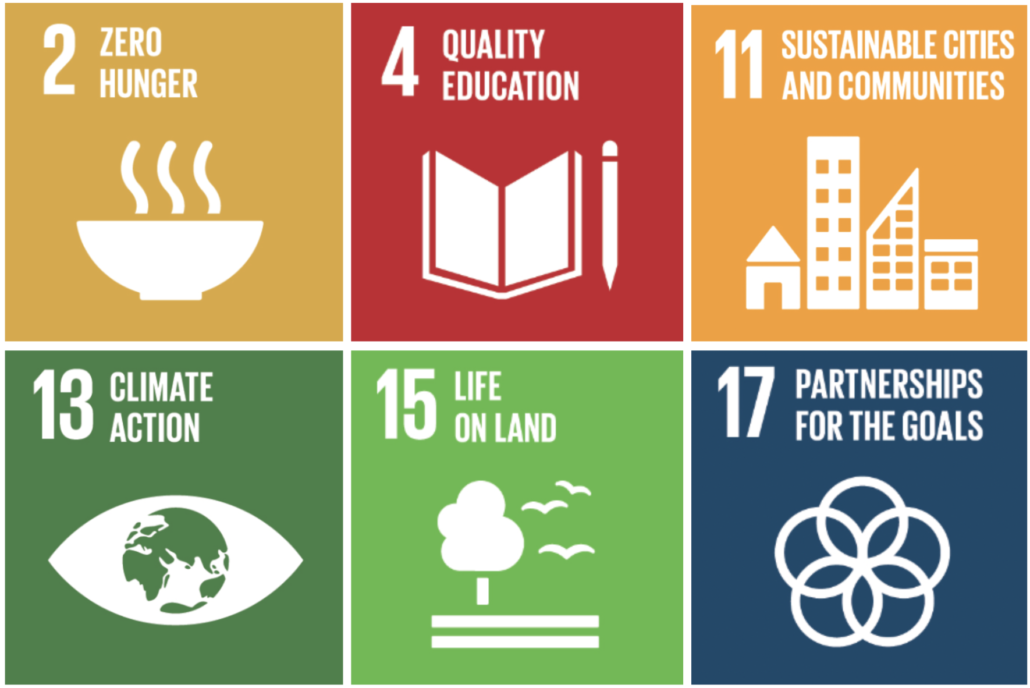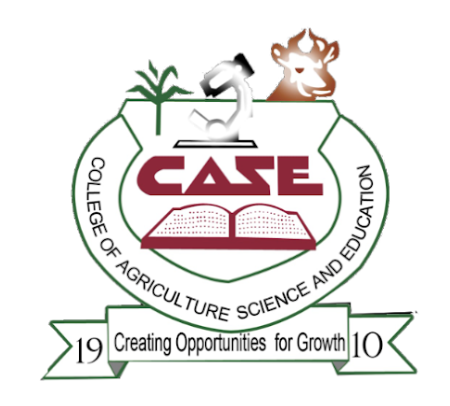Founded in 1998, One Planet Education Network (OPEN) is an international education technology company focused on sustainable community development and cross-cultural knowledge exchange. Having served as a consultant to an MIT Sloan School committee that advised the US Government on the commercialization of the Internet during the early 90s, OPEN’s founder George Newman had a window into the future and early on the possibilities for positive uses of the Internet for cultural understanding, education, and knowledge exchange on a massive scale.
(OPEN’s Global Education Programs, Photo Credits: OPEN)
Developing and managing multiple projects on different continents, OPEN accumulated rich experience and resources in science, technology, and education, stitching together a global network of like-minded educators, technologists, scholars, and strategic partners. While sustainable community development and the environment have been their main focus through the years, OPEN’s programs are designed to prepare young students of today and professionals alike with critical thinking, just-in-time learning, and problem-solving skills that can serve them well in any industry.
Today, OPEN develops programs in sustainable agriculture, forestry, climate change research, and air quality/pollution mitigation where students of all ages can conduct citizen science guided by scientific researchers and experts. OPEN’s work adheres to several of the UN’s 2030 SDGs including but not limited to Zero Hunger Goal 2 (e.g Target 2.3, 2.4, 2. a), Quality Education Goal 4, Sustainable Cities and Communities goal 11, Climate Action Goal 13, Life on Land Goal 15, and Partnerships for the Goals Goal 17.
(Children in Bethesda Christian School, Photo Credits: OPEN)
And now OPEN teams apply IoT solutions to continually monitor and interpret sensor data. This enables farmers, forestry professionals, and other experts to make more informed decisions on improving soil fertility, and air quality, sequestering carbon to combat climate change, and conserving precious water resources. The long-range goal is to have young student citizen scientists help make the world a healthier home for future generations.
As a main example, to address a series of issues in agriculture such as extreme climate, water shortage, soil erosion, and low productivity, and to create more food sustainably without clearing more forested areas, OPEN has prescribed a simple but effective regenerative agriculture research solution. Regenerative agriculture uses no chemical fertilizers, herbicides, or pesticides.
Their regenerative agriculture research program gives students and professionals the support to trial natural and time–honored farming practices, such as no-till and cover crops to produce healthier, tastier food, and more bountiful crop yields. OPEN is currently developing a data-driven standardized approach for regenerative agriculture, using Seeed SenseCAP sensors. Currently, the devices are deployed to obtain data for validation on different farms globally. And the Jamaica Farm below is one of them.
(OPEN partner Ruel is deploying the sensors on the Farm. Photo Credits: OPEN)
Some of the parameters collected on the Jamaican farm are:
- CO2
- Temperature
- Humidity
- Soil Moisture
- Temperature
- EC (Electrical Conductivity)
- Light Intensity
- Barometric Pressure
These parameters are collected through the following sensors:
SenseCAP S2102 LoRaWAN Light Intensity Sensor
SenseCAP S2103 LoRaWAN CO2, Temperature, and Humidity Sensor
SenseCAP S2105 LoRaWAN Soil Moisture, Temperature, and EC Sensor
SenseCAP Wireless Barometric Pressure Sensor
“Seeed SenseCAP series products can be easily installed to monitor microclimate. Seeed sales support and technical staff are exceptional and wonderful to work with during all project stages. They are always there at almost any hour of the day to support us and are most professional and well-prepared, well-spoken, and extremely knowledgeable. The whole OPEN Team thoroughly enjoys working with Seeed staff.” – George Newman, CEO, and Founder of OPEN.
(Sensors deployed on the farm, and environmental data displayed, Photo Credits: OPEN)
Regenerative agriculture methods aim to continuously regenerate agricultural natural resources to protect land and crops, restore ecosystem balance and mitigate climate change. In the Jamaican pilot project on the farm crops are cayenne peppers, bush beans, and corn, the Seeed sensors are deployed to monitor the data. The collected data is used to compare regenerative agriculture methods against traditional farming methods. For instance, they intend to measure CO2 measurements to see if cover crops and no-till farming captures and overtime retain more carbon in the soil than traditional till farming methods which release tons of CO2 a year from most farms in the world today.
Thus, the standardization of regenerative agriculture methods will create benefits of greater crop production (seasonal yields), will improve water conservation, prevent destructive topsoil erosion, improve soil fertility, and begin to restore a more biodiverse and healthier sustainable ecosystem in and around farms. And they hope it will also prove to be a simple method of limiting tons of CO2 from entering the atmosphere every year from farms around the world.
(Measurements of Soil Moisture, Temperature, and EC, Photo Credits: OPEN)
In the future, OPEN will continue to conduct long-term research on sustainable agriculture. In the spring of 2023, the Jamaica farm dataset will be further compared with results obtained in the Bungoma farm area in Kenya, and with carbon sequestration levels in forestry tree species in Liberia. In addition to Jamaica, OPEN also has other related IoT projects around the world such as in Europe, Africa, and Australia. We will share them with you soon, stay tuned!
If you have any projects like OPEN or want to get involved in projects related to agriculture or environmental sensing, please don’t hesitate to mail to: [email protected]
This project contributes to the following Sustainable Development Goals.

( Photo Credits: https://sdgs.un.org/goals)
Partners involved in these projects:
College of Agriculture Science and Education

The College of Agriculture Science and Education is a multi-disciplinary institution offering professional training, at the diploma, associate degree, and Bachelor of Science degree levels, in Agriculture, the Natural Sciences, Environmental Management, Business administration, Teacher Education, and Hospitality and Tourism Management.
Open Horizon Edge Computing (AI/ML)

Open Horizon is a platform for managing the service software lifecycle of containerized workloads and related machine learning assets.


IBM Edge Computing® Manager is an intelligent and flexible application that provides autonomous management for edge computing.
Powered by the Helium blockchain, the Helium Network represents a paradigm shift for decentralized wireless infrastructure.
Ubidots is an investor-backed startup providing IoT Application Enablement to enterprising OEMs, System Integrators, Educational Institutions, and IoT enthusiasts.
About Seeed
Seeed dedicated itself to providing reliable and scalable data-collection solutions since 2008. Designed with an extreme-easy-to-use mindset, Seeed SenseCAP S21XX series sensors enable you to develop, deploy and scale up your applications flexibly and rapidly.
Here are some applications you might be interested in:
Have You Ever Seen A Pig Live Stream?
New Vision of System Integrator: Nibiaa Brings LoRaWAN IoT Solution to Precision Agriculture
Portugal Smart Vineyard: Reducing 15% Water Consumption with SenseCAP LoRaWAN Solution
Dempsey – The Garden Monitor (Smart-Guardian)

